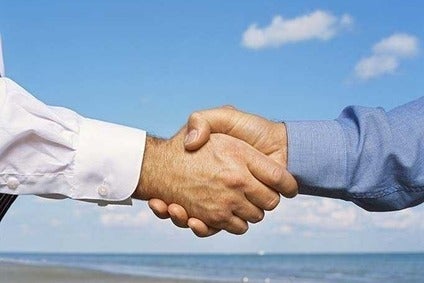
The Hyundai Motor board has approved a plan to sell its entire stake in Hyundai Motor Manufacturing Rus (HMMR) to Moscow based Art-Finance.
Operations at HMMR in Saint Petersburg have been suspended since March 2022.

Discover B2B Marketing That Performs
Combine business intelligence and editorial excellence to reach engaged professionals across 36 leading media platforms.
Hyundai said it was currently making final arrangements with Art-Finance for the deal.
Hyundai would continue to provide aftersales services to owners in Russia.
A report in the Korea Herald said the deal included a General Motors plant Hyundai acquired in 2020.
“We have reviewed various options on the sellout and thought it would be the right time,” an official told the paper.
“Among the local companies who sought to acquire the Russian plant, Art-Finance offered the best bid.”
The Russian plant was the carmaker’s sixth overseas production base and started commercial operations in 2011. Its annual capacity was 200,000 units with the Hyundai Solaris and Creta and Kia’s Rio as the main products. In 2021, it produced 234,000 units and sold 373,132 units, taking a 24% market share in Russia.
The report said Hyundai Motor acquired GM’s Russian plant in St. Petersburg in 2020 after the US automaker decided to pull out. With the manufacturing site’s 100,000 units production capacity, Hyundai’s Russian bases were expected to produce 300,000 units annually.
After the war broke out, it only made 44,000 cars last year and none this year. The plant laid off some of the 2,500 workers and those left were on paid leave. Early this year, there were rumors about the Korean auto giant selling the manufacturing facility to a Kazakhstan company.
“Hyundai Motor was doing well in the Russian market but as with China and (like the Russia-Ukraine war) market situations in communist countries can change very quickly due to political issues,” Lee Ho-geun, a car engineering professor at Daeduk University, told the Korea Herald.
“Due to such uncertainties and the matter of sustainability, (Hyundai Motor) seems to conclude that it’s not easy to continue investing there.”
Lee said, despite the plant sell off, the Korean automaker cannot ignore the Russian market altogether as it is still a big market.
“Chinese auto companies have entered the Russian market, especially in the low cost vehicle sector,” he said.
“It’s difficult for Hyundai Motor to compete with Chinese rivals in the cost competition. I believe focusing on premium level brands such as Genesis and launching models with high quality are the right moves because (Russia) is a rich market.”






